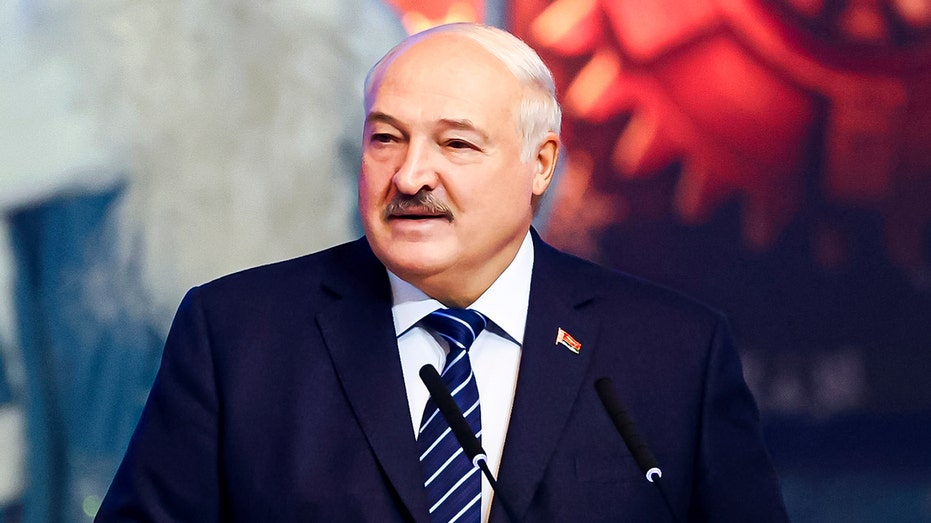Belarus votes to suspend Conventional Forces participation
Belarus' parliament on Wednesday voted to suspend Minsk's participation in the Conventional Forces in Europe treaty, which could lead to military expansion by the Lukashenko regime.

The Belarusian parliament on Wednesday voted to suspend the country's participation in the Conventional Forces in Europe treaty that once was a key security doctrine for the continent, a 1990 agreement that was abandoned last year by Russia.
The bill, introduced by authoritarian President Alexander Lukashenko earlier this month, could pave the way for Belarus — Russia’s ally in the war in Ukraine — to expand its military. Belarus lawmakers unanimously approved the bill calling for the treaty's suspension; Lukashenko now needs to sign the bill for it to become law.
The treaty, signed in 1990, places limits on tanks, combat vehicles, warplanes and heavy artillery that can be deployed in Europe. It aimed at keeping a military balance between the West and the countries that were part of the Cold War-era Warsaw Pact.
BELARUS CONVICTS A FAMOUS DISSIDENT ROCK BAND AND SENTENCES ITS MEMBERS TO CORRECTIONAL LABOR
However, Russia withdrew entirely from the treaty in November 2023 and NATO countries that were parties to it responded by suspending their participation just hours later.
Belarus hosts Russian tactical nuclear weapons, along with missiles and troops. The country has been used by Russia as a staging point for sending troops into Ukraine, but Belarusian forces have not taken part in the war that is now in its third year.
According to the Belarusian Defense Ministry, the treaty mandated that Belarus' armed forces do not exceed 100,000 of troops and personnel. There are currently 63,000 troops and personnel in the Belarusian army, and some 300,000 men are in the reserve.
Military experts say that after suspending its participation in the treaty, Belarus — which shares a border with Ukraine and NATO members Latvia, Lithuania and Poland — will be able to expand its army and amass more weapons, although it doesn't mean it would definitely happen.
Alexander Alesin, a military analyst based in the Belarusian capital Minsk, told The Associated Press that the country's pullout from the treaty had to do with Russia's discontent over Belarus still officially being in the agreement.
"Russia was very unhappy," Alesin said. The withdrawal "unties Belarus' hands, but this does not automatically mean that the number of conventional weapons in the country will increase."
"Russia has deployed tactical nuclear weapons in Belarus, which is much more frightening to neighboring NATO countries," he added.
What's Your Reaction?
















